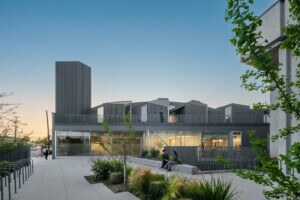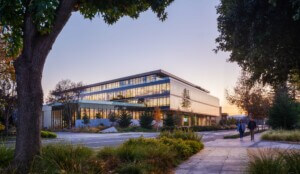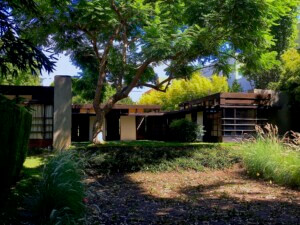The contrast between the egalitarian mission statements of Silicon Valley companies and their daily practices is beyond satire. Though Twitter, Google, and Meta (formerly Facebook) express every commitment to, respectively, “promoting democratic conversation,” “improving the lives of as many people as possible,” and “bring[ing] people closer together,” they have not only faced countless lawsuits for everything from privacy breaching to the spread of misinformation across the web, but have additionally stimulated economic and social disparities across the San Francisco Bay Area where they are headquartered. “Wealth inequality in Silicon Valley is more pronounced than in the U.S. overall,” CalMatters reported, “with the top 1 percent of households holding 48 times more of the total wealth than the bottom 50 percent.”
If regional wealth inequality is accelerated by the mere presence of tech ingenuity, what can be expected when the who’s who of Silicon Valley pools their efforts into developing local real estate? Following six years of quietude, the first public information about California Forever, an $800 million proposal for a planned city nearly twice the size of San Francisco initiated by former Goldman Sachs partner Jan Sramek, was revealed last week through a website with a single landing page.

The investors—including Marc Andreessen, Chris Dixon, and other recognizable names in Silicon Valley—have collectively purchased over 55,000 acres in eastern Solano County, a largely agricultural area between San Francisco and Sacramento, through a company called Flannery Associates. A local “team of experts”—including urban design and strategy firm Sitelab Urban Studio, natural resource engineers EKI Environment & Water, and transportation consultants Fehr & Peers—have signed on to consult for the project.
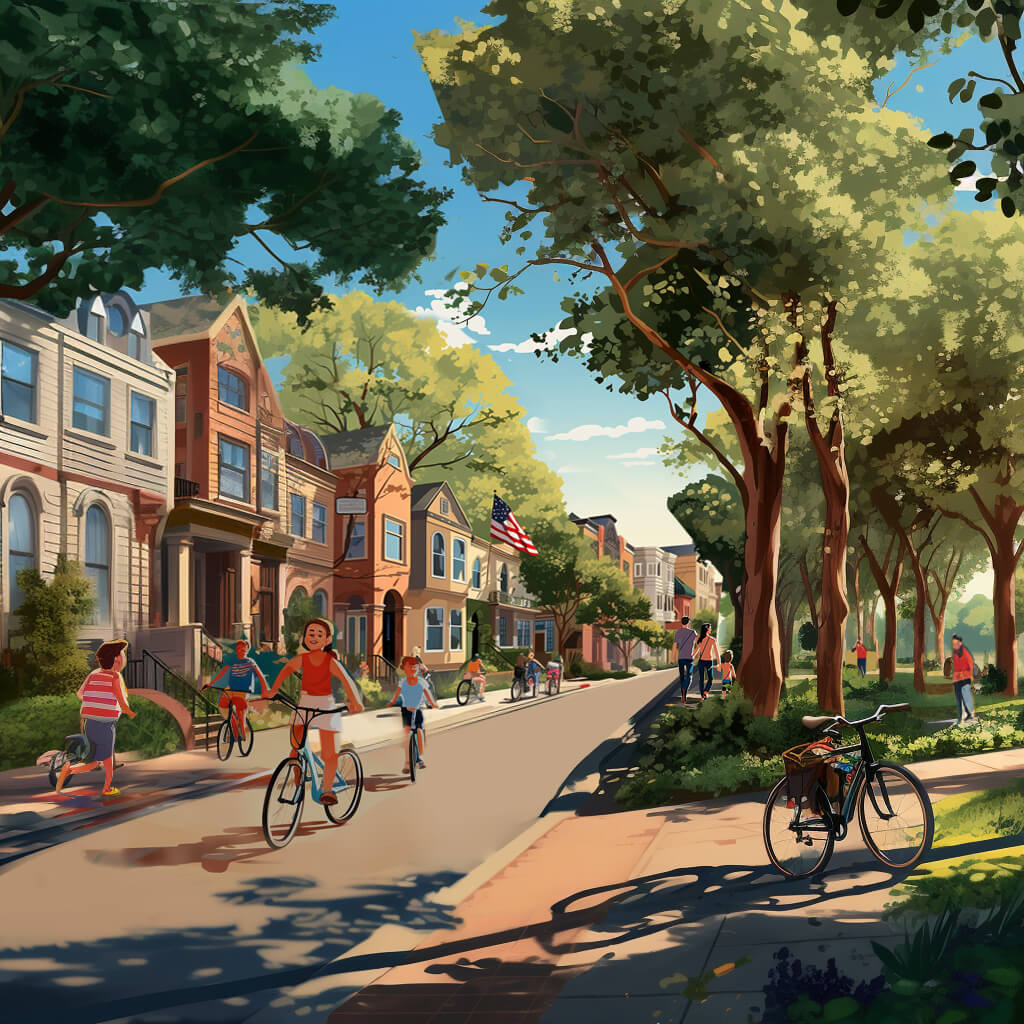
Though the website is light on specifics, it paints a rosy picture of its intended process and product. It opens with an AI-generated illustration of what appears to be a Tuscan village flanked by wind turbines. The goals of California Forever, as expressed throughout the website, similarly appear to be fed through artificial intelligence, as they together portray a leisurely utopia in which everyone gets around by foot, bicycle, kayak, and train—that is, everything except cars, which ignores the fact that the proposal is a seemingly sprawling development and that it seeks to fund improvements to CA-12, the highway that runs down the middle of eastern Solano County. California Forever would not deplete vital resources, the website claims. Rather, its completion would “help solve regional infrastructure needs, including energy, transportation, water, and wildfire protection” through the generation of clean energy and the modernization of local infrastructure.
The images (which some observers on Twitter have aptly summarized as “Chobani urbanism”) and related details are intentionally open-ended, as everyone potentially affected by the development of California Forever will supposedly have a chance to enter a “decades-long collaboration” before shovels strike dirt, to say nothing of regulatory approvals. “To start, we are meeting with the elected representatives of Solano County,” the website declares. “Second, so that we hear from each of you directly, we will be mailing a survey to every Solano household. Third, we are forming a Community Advisory Board of Solano citizens. Finally, we are working on opening offices in Vallejo, Fairfield, and Vacaville, and will announce the locations once open.”
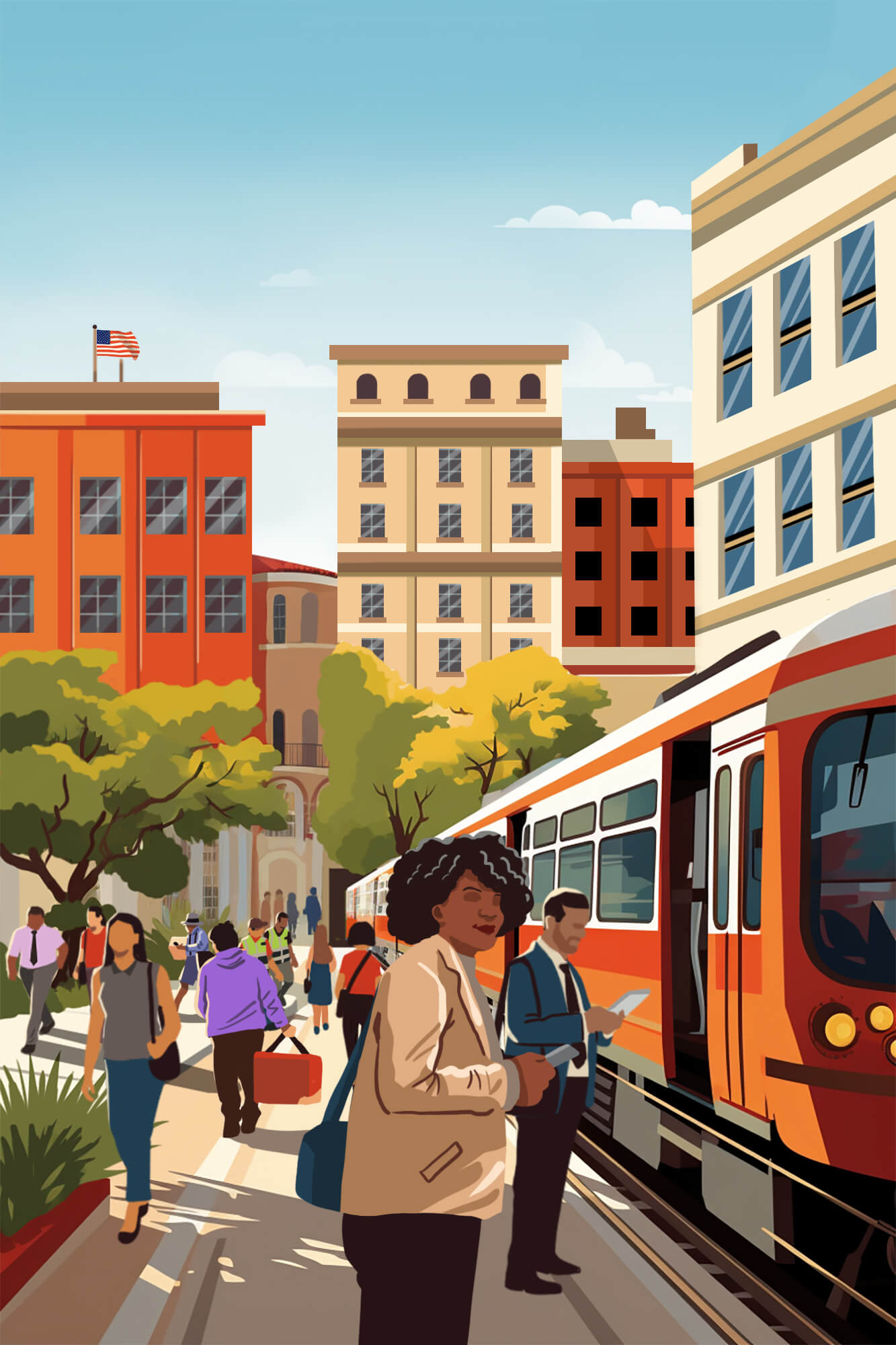
Until more information is shared, curious minds can read up on the territorial standoffs leading up to the public announcement for clues. Flannery Associates has already found adversaries in local ranchers, community groups and even the United States military—whose 6,000-acre Travis Air Force Base has been the largest employer in Solano County for decades—in its gobbling up of over 140 properties through its vast financial and litigious resources (The purchases burst into public view this spring when lawyers for Flannery filed a lawsuit in U.S. District Court, accusing landowners of colluding to inflate prices). Perhaps this is why the website performs a dizzying balancing act between pro-military and anti-foreign energy assurances through tightly framed images of idyllic villages that somehow make way for war planes, fields of solar panels, habitat conservation zones.

Like so many products of Silicon Valley, California Forever depicts itself as a social and environmental cure-all with a contemptible tunnel vision unique to the technology and business sectors. Before its investors offer “better funding to improve schools, promote public safety, and reduce homelessness” in Solano County, these are just some of the questions that will hopefully enter the public conversation: Do its investors seek to promote equity or exclusion with such delicate social issues? How will public safety be administered, and to which economic groups? As sweeping changes to the region are made, will its lowest classes be treated with dignity or disgust?
Like the dot-com bubble that burst in Silicon Valley about two decades ago—which led to a loss of over 200,000 jobs from which the region has not yet fully recovered—the sunny image of green capitalism is only malleable to a point.
Shane Reiner-Roth is a lecturer at the University of Southern California.








